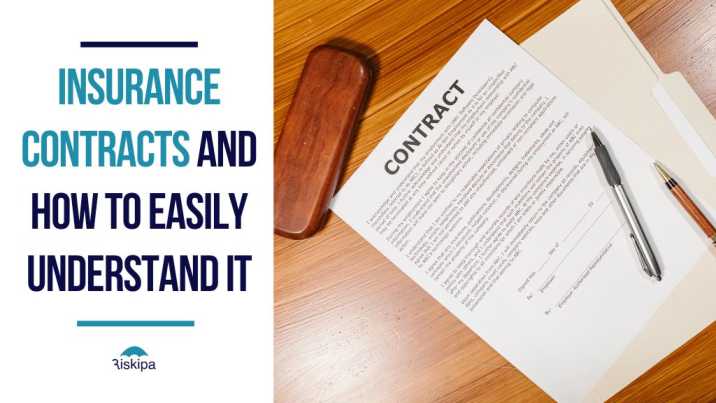
Ever wondered how insurance companies decide how much you pay for coverage? It’s not just a game of chance! Understanding how insurance companies assess risk is crucial to making informed choices about your coverage.
In this post, we’ll uncover the key factors that influence risk assessment and how they impact the premiums you pay. By delving into the tools and techniques used by insurance underwriters, you’ll gain valuable insights into the insurance industry and empower yourself as a consumer.
The Art of Underwriting: Balancing Risk and Reward
Imagine a giant seesaw: on one side, the risk of something happening (like your house collapsing), and on the other, your premium. Insurance companies, also known as underwriters, constantly strive to balance these two sides.
Their goal is to accurately judge the likelihood of a claim and its potential cost, setting a premium that covers their expenses while remaining competitive.
How Do the Underwriters Achieve This?
Underwriters rely on a powerful toolkit, which include:
- Historical data: Past claims for similar risks helps insurance companies to assess risk more accurately tell a story about future trends. It’s like learning from the past to prepare for the future.
- Statistical models: These are algorithms that uncovers patterns and relationships between risk factors and claims. For example, a model might show that drivers with speeding tickets are more likely to be involved in accidents, which influences how insurance companies assess risk for them.
- Actuarial science: This specialized field combines math, statistics, and probability to quantify risk and price insurance products accordingly. Actuaries are the real wizards behind the curtain, ensuring the financial stability of insurance companies and informing how insurance companies assess risk.
Factors That Impacts Your Premium and Influences How Insurance Companies Assess Risk
Now, let’s zoom in on the specific factors that can make your premium go up or down. These can vary depending on the type of insurance, but some common examples include:
- Your personal profile: your age, gender, driving record, health history, and even your credit score can play a role in how insurance companies assess risk for you. For example with health insurance, younger people are less likely to need medical care, so their premiums are generally cheaper.
- The specifics of your property or belongings that is being insured: The value, age, and condition of your car, home, or other insured items matters in assessing risk. The more comprehensive the coverage that you get, the more expensive it will be.
- Location: Living in a crime-prone area or one with a high risk of natural disasters will likely increase the chances predictable events. Therefore, this will increase your premium.
- Coverage details: The level of coverage you choose (deductible, limits, etc.) directly impacts your premium
- Human Habit: While data and statistics play a crucial role on risk assessment, it isn’t just all about the numbers. Underwriters also consider qualitative factors like your driving habits, safety precautions you take at home, and overall risk awareness. These human insights help personalize policies and ensure accurate risk assessment.
Risk Assessment Using Technology (AI)
The insurance industry is rapidly embracing cutting-edge technologies like AI and machine learning. These tools can analyze even more data points, identify nuanced risk patterns, and personalize premiums even further. This is transforming risk assessment in the insurance industry and paving the way for personalized and data-driven insurance solutions.
Conclusion
By understanding how insurance companies assess risk, you can make informed decisions about your coverage and negotiate a better premium. Remember, open communication and providing accurate information are key to a smooth and fair insurance experience.
We hope this blog post has shed some light on the often opacity of how insurance companies assess risk. Remember, knowledge is power, and being an informed consumer in the insurance market can save you money and ensure you have the right coverage for your needs.
Related Articles:
 Colors
Colors 







